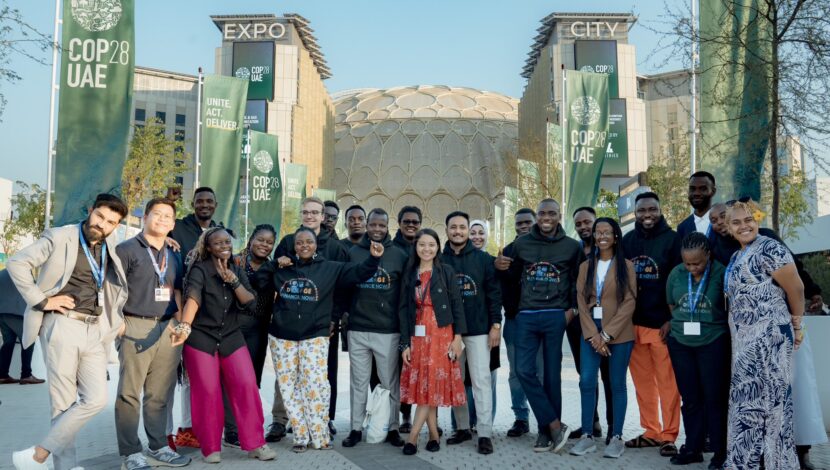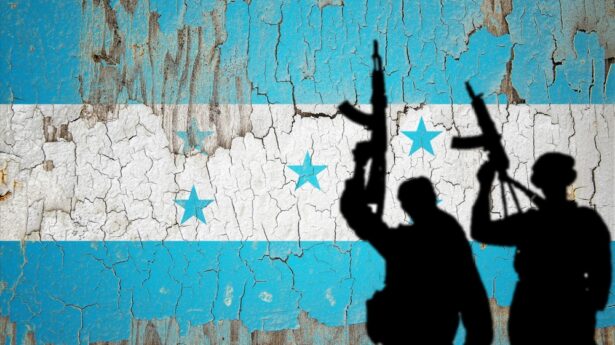The Unitarian Universalist Service Committee advances human rights through grassroots collaborations.
Understanding the Impacts of COP on Impacted Communities

January 24, 2024
Every year, the United Nations Framework Convention on Climate Change (UNFCCC) gathers to assess global progress on combating climate change. COP28, also known as the “Conference of the Parties,” unfolded in Dubai, United Arab Emirates (UAE), from November 13 to December 12, 2023. UUSC played a significant role, supporting over 20 representatives from 18 organizations worldwide to engage in the conference.
COP28 started with a landmark moment—adopting a new framework for funding loss and damage work internationally. This marked a culmination of UUSC’s advocacy efforts over the past years. The fund addresses the pressing need for substantial financial resources to assist vulnerable countries in dealing with climate-related loss and damage.
While COP28 saw progress in the loss and damage fund, other essential agenda items, such as the Global Stocktake, fell short of expectations. The outcomes reflected the universal influence of fossil fuels and a shrinking space for civil society at global talks. UUSC is committed to addressing this trend, with plans to launch campaign events urging the U.S. government to increase its contributions to the fund beyond the $17.5 million committed at COP28.
Despite challenges, civil society representatives demonstrated resilience and solidarity at COP28. Faced with restrictions and the dominance of fossil fuels, they showcased a powerful presence. UUSC staff and partners actively participated in solidarity actions in support of Palestine, and Pacific Climate Warriors led a civil society action during the first week of COP28, which has been the largest that UUSC has witnessed over the years.
A new addition to the annual conference was the first-of-its-kind faith pavilion, organized by the Muslim Council of Elders and Partners. The pavilion was created to provide a platform for faith-based and religious organizations to engage countries and the private sectors. The space was also designed to allow religious organizations and frontline communities to discuss their roles in addressing the climate crisis.
In the pavilion, UUSC has organized two sides of events. The event allowed the partners to share and discuss the role of faith in the fight for climate justice. It also allowed Indigenous People to discuss the climate-forced displacement.
The next steps for UUSC and are partners are:
Advocating for the phasing out of fossil fuels;
Using the loss and damage funds as a form of reparations to address the impacts of climate change in communities currently impacted by the climate crisis; and
Implementing grassroots-led, locally informed solutions to addressing the climate crisis and lifting these stories and impacts up as examples of how local solutions are key to systemic transformation.
Advocacy at COP is essential to the global effort to combat the climate crisis. UUSC and its partners are united in their commitment to transformative change. By leveraging the COP platform, our partners aim to shift the narrative, demand accountability, and champion solutions prioritizing justice, equity, and sustainability.
Watch UUSC Director of Advocacy Global Displacement Salote Soqo reflect on a convening of Pacific region partners in Fiji prior to COP.
Image Credit: Loss and Damage Youth Collaboration

